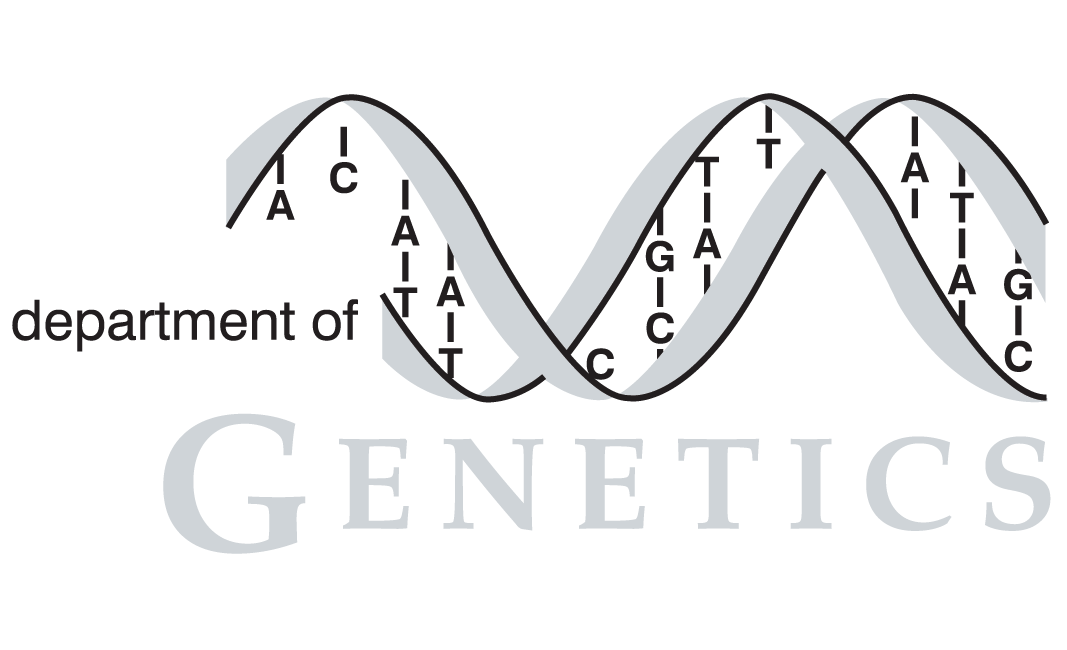| Citation | Casado C, Gonzalez A, Platara M, Ruiz A, Arino J. The role of the protein kinase A pathway in the response to alkaline pH stress in yeast. The Biochemical journal, 2011. |
| PubMed ID | 21749328 |
| Short Description | The role of the protein kinase A pathway in the response to alkaline pH stress in yeast. |
| # of Conditions | 16 |
Full Description

|
Exposure of Saccharomyces cerevisiae to alkaline pH provokes a stress condition that generates a compensatory reaction. In the present study we examined a possible role for the PKA (protein kinase A) pathway in this response. Phenotypic analysis revealed that mutations that activate the PKA pathway (ira1 ira2, bcy1) tend to cause sensitivity to alkaline pH, whereas its deactivation enhances tolerance to this stress. We observed that alkalinization causes a transient decrease in cAMP, the main regulator of the pathway. Alkaline pH causes rapid nuclear localization of the PKA-regulated Msn2 transcription factor which, together with Msn4, mediates a general stress response by binding with STRE (stress response element) sequences in many promoters. Consequently, a synthetic STRE-LacZ reporter shows a rapid induction in response to alkaline stress. A msn2 msn4 mutant is sensitive to alkaline pH, and transcriptomic analysis reveals that after 10 min of alkaline stress, the expression of many induced genes (47%) depends, at least in part, on the presence of Msn2 and Msn4. Taken together, these results demonstrate that inhibition of the PKA pathway by alkaline pH represents a substantial part of the adaptive response to this kind of stress and that this response involves Msn2/Msn4-mediated genome expression remodelling. However, the relevance of attenuation of PKA in high pH tolerance is probably not restricted to regulation of Msn2 function. |
Tags
 |
Contact: sgd-helpdesk@lists.stanford.edu


